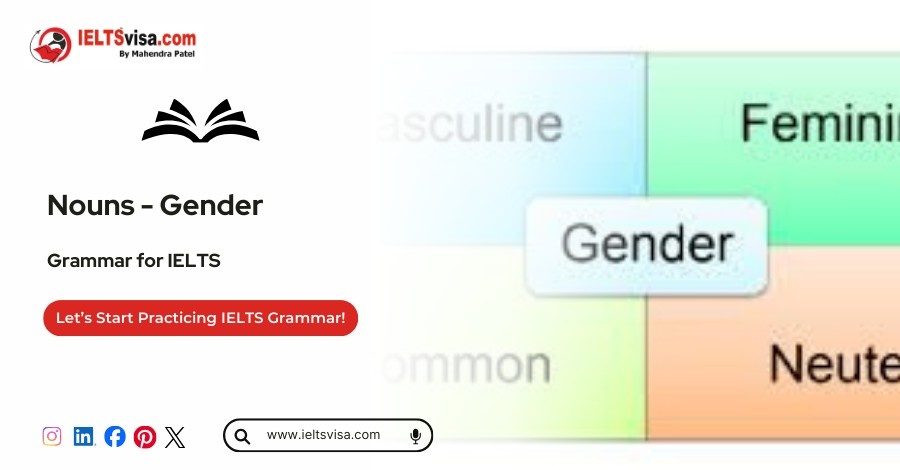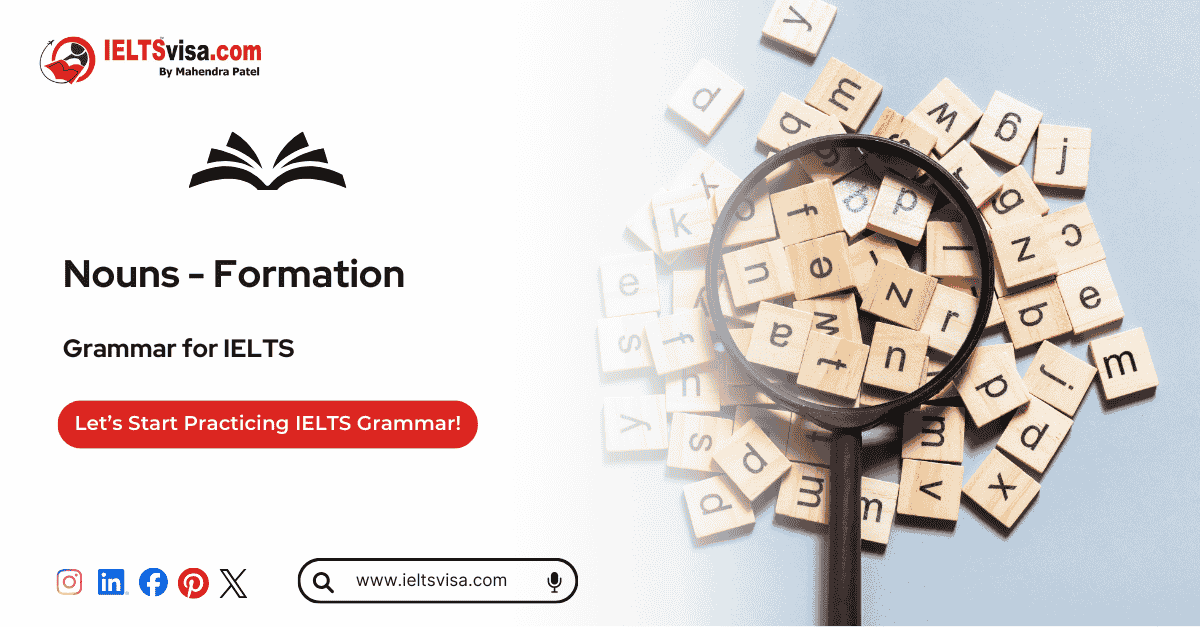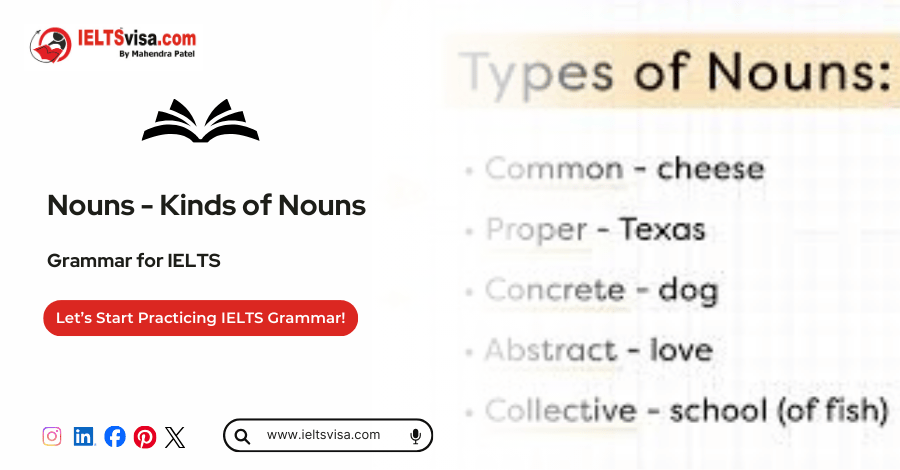Why some IELTS students get lower band scores in Reading?
IELTS Advice
There can be several reasons why some IELTS students get lower band scores in Reading. Here are some common reasons:
- Poor time management: The Reading section of the IELTS test is time-bound, and candidates need to answer 40 questions in 60 minutes. If a candidate spends too much time on a particular question or section, they may not have enough time to answer the remaining questions.
- Lack of reading skills: The Reading section requires candidates to have strong reading skills, including the ability to skim and scan, understand complex vocabulary, and interpret information presented in graphs and charts.
- Incomplete understanding of instructions: Not understanding the instructions, such as failing to follow the word limit or ignoring the question format, can result in lower scores.
- Poor exam strategy: Some candidates may not read the questions carefully or may not prioritize answering the questions that carry more marks. They may also struggle to find relevant information in the given text.
- Inadequate practice: Not practicing enough before the exam can also result in lower scores. Candidates who have not practiced reading English texts regularly may struggle to finish the Reading section within the given time limit.
- Language proficiency: Lower scores in Reading can also be due to inadequate proficiency in the English language, including weak vocabulary, grammar, and comprehension skills.
Study Abroad







Nouns and Gender
Nouns and Gender: Definition, Types, and Examples In English grammar, nouns and pronouns are often associated with gender classifications. While many nouns are gender-neutral (neuter gender), those related to people and animals can have specific masculine or feminine...

Nouns – Formation
Nouns - Formation Mastering the art of forming nouns from verbs is an essential skill in English grammar. This process not only enhances vocabulary but also helps in creating more dynamic and versatile sentence structures. This guide will walk you through the rules,...

Nouns – Kinds of Nouns
Nouns - Kinds of Nouns Nouns are a crucial part of English grammar, serving as names for people, places, things, or ideas. They help us identify and categorise everything in our world. In this article, we’ll explore the 10 main types of nouns, their definitions,...








